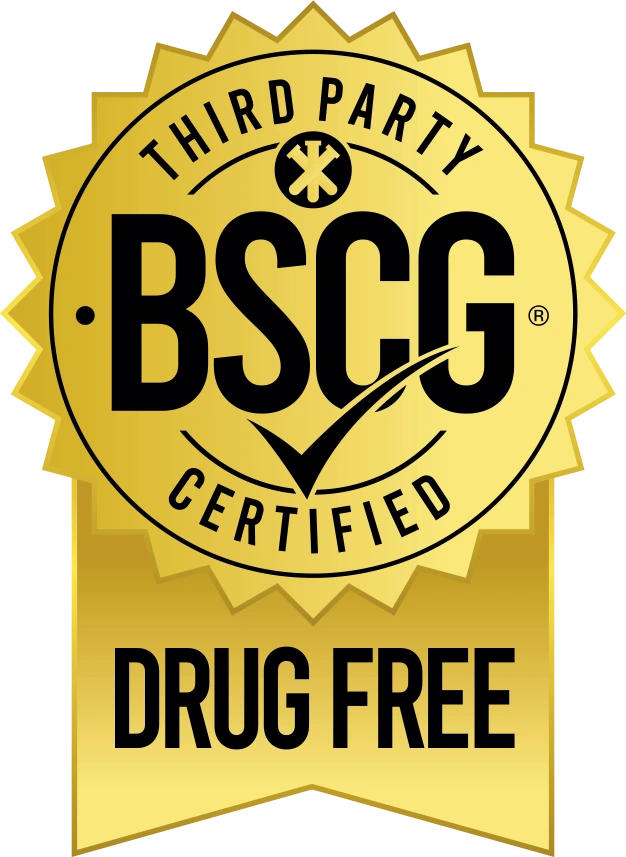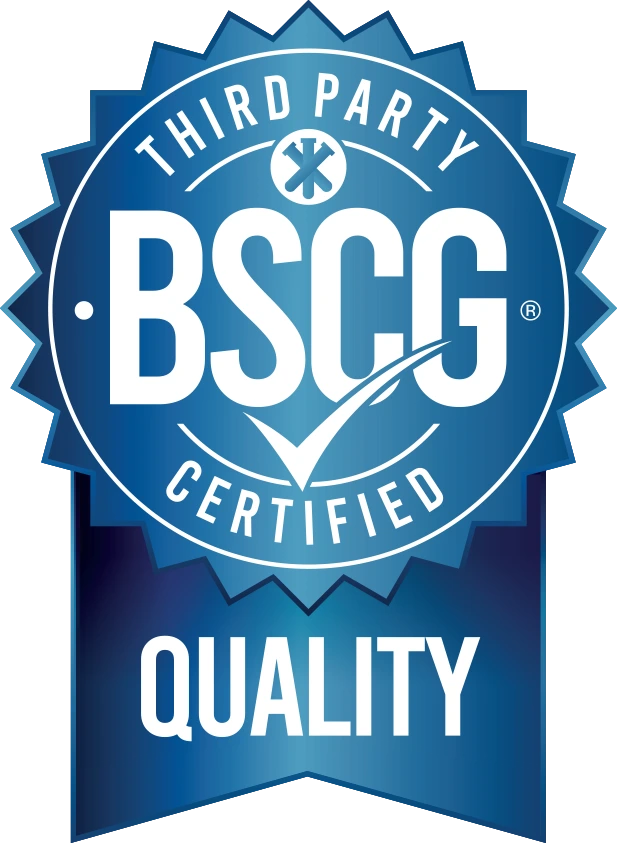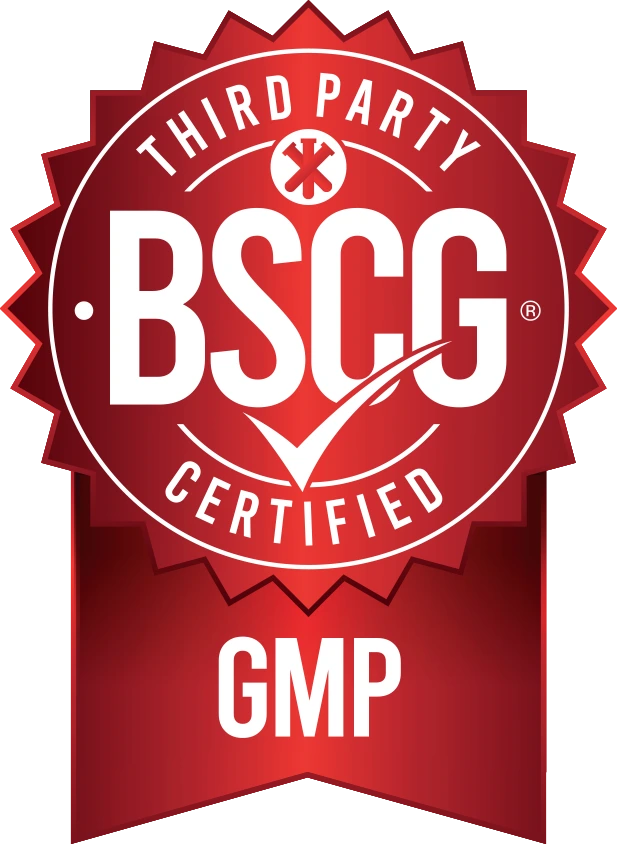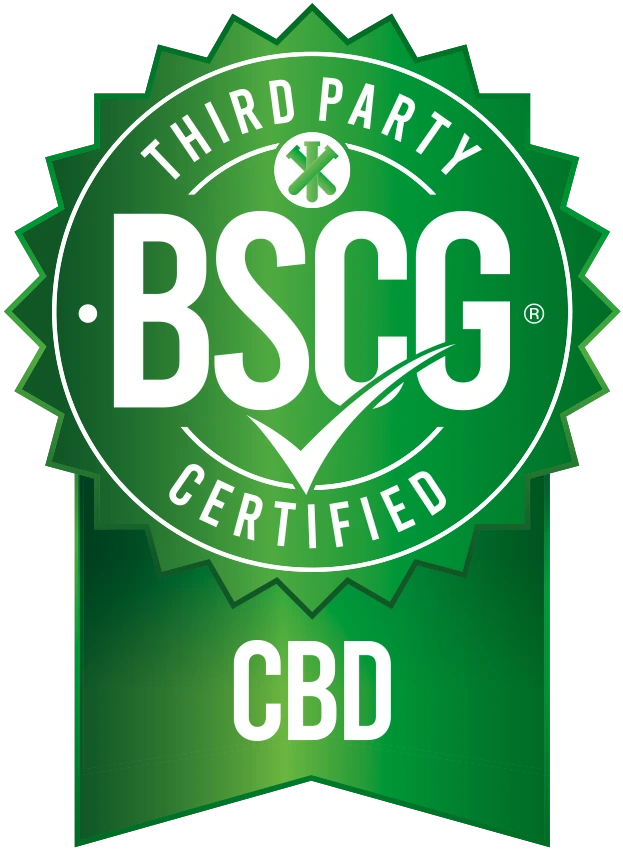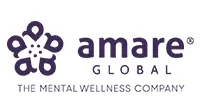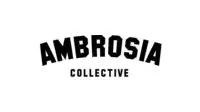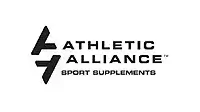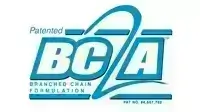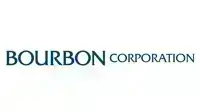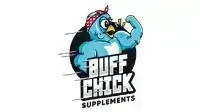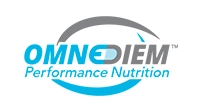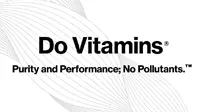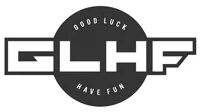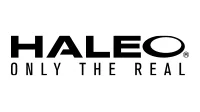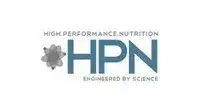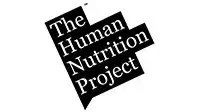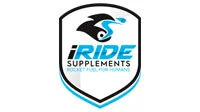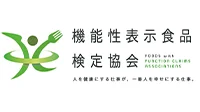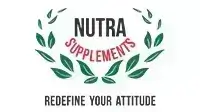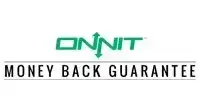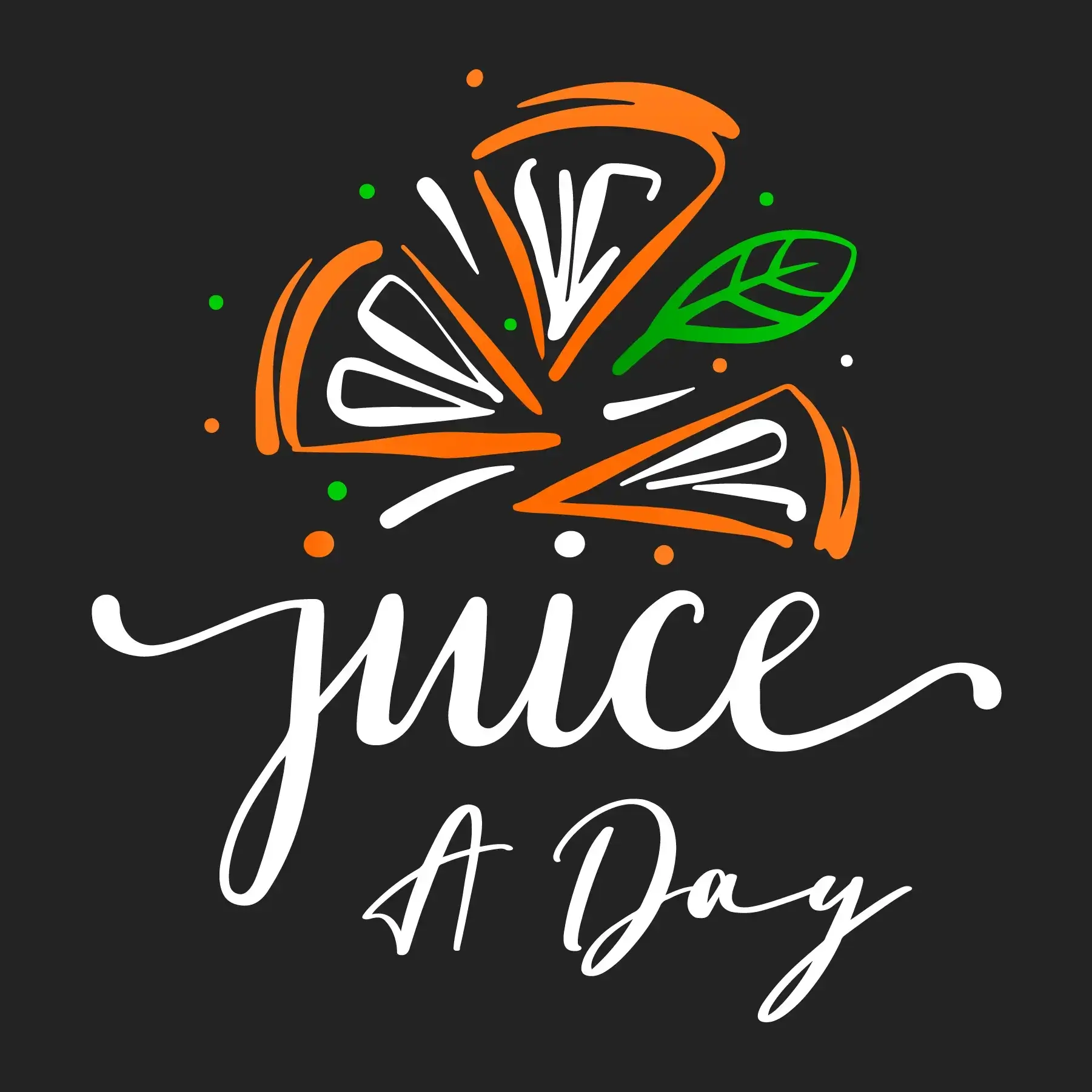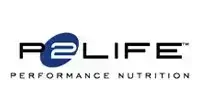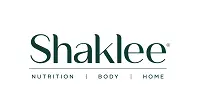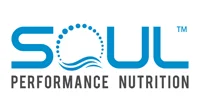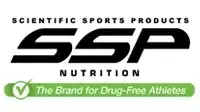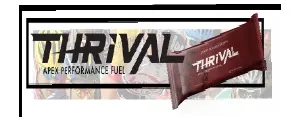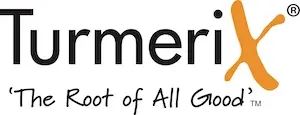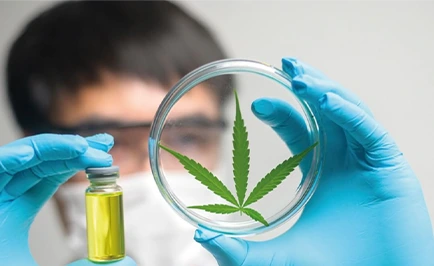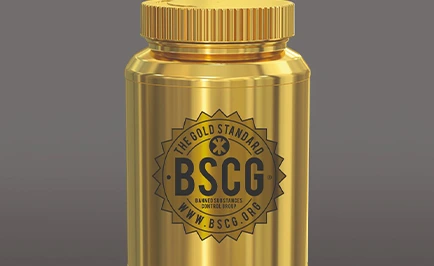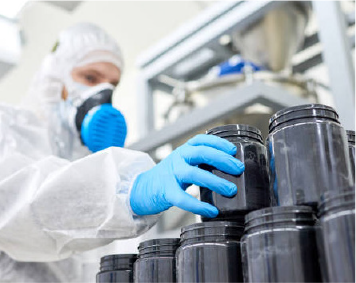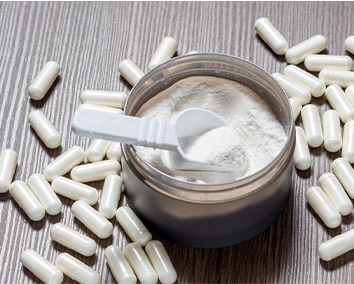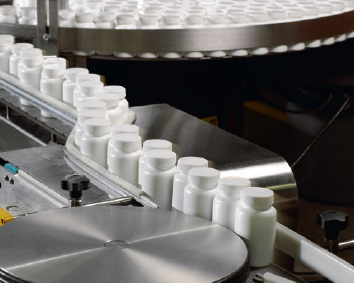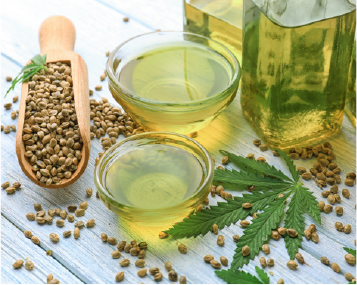Are More Endurance Athletes Tuning into PEDs?
Nov 12, 2024
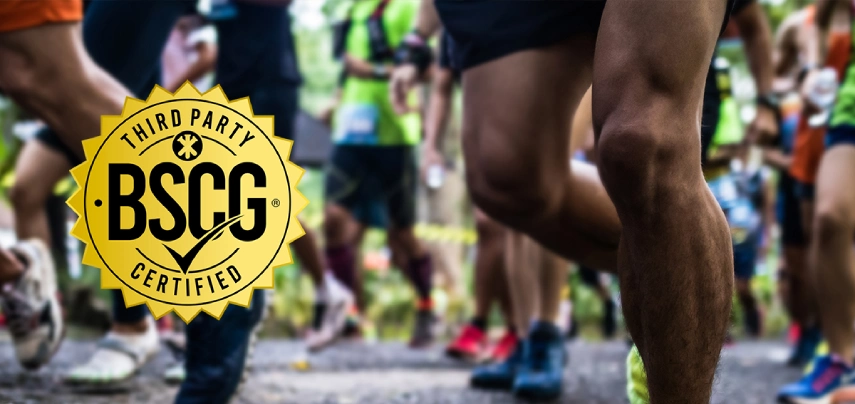
Are More Endurance Athletes Tuning into PEDs?
In the wake of the NYC Marathon a shadow hovers over endurance sports that goes beyond the shade of the skyscrapers the marathoners will compete beneath. Doping scandals used to be the thing track stars and muscle-bound athletes were known for, but now that spotlight is shifting to endurance athletes. While
Lance Armstrong’s fall from grace put EPO (erythropoietin) on the map for cyclists, its use among runners is gaining attention. Recently, Indian middle-distance runner Parvej Khan was suspended after testing positive for EPO. The drug, which boosts red blood cell production to increase oxygen delivery and improve stamina, is forming a worrying undercurrent in long-distance sports. Parvej’s case is more alarming because endurance athletes, who once prided themselves on mental toughness, are now feeling pressure to artificially enhance their performance. His suspension raises the question about whether more endurance athletes are secretly relying on PEDs to stay competitive.
The Risk Contamination in Supplements
EPO isn’t something you unknowingly stumble upon in your protein powder. This PED is injectable, so you won’t miss a needle in your skin. It’s one thing to be labelled a doper for intentional use of EPO, quite different if you test positive from a PED hiding in your protein powder. Same label for an inadvertent positive that are all too common. A recent study looked at 18 years of data on anti-doping rule violations and found that in 28% of cases the athlete blamed a dietary supplement, and in 14% that claim was substantiated.
Over the past two decades, we’ve seen multiple instances of endurance athletes unknowingly consuming supplements tainted with banned substances. Take the famous case of Shelby Houlihan, a U.S. middle-distance runner, who tested positive for a banned steroid and blamed contaminated pork from a burrito. Sadly, this story repeats itself with other athletes who have fallen victim to mislabeled or contaminated products. Along with tainted supplements, there are a few different ways to return a positive drug test through environmental contamination, such as eating meat, kissing, having sex, and using contaminated prescription drugs. This reality makes it even more crucial for athletes to ensure their supplements come from certified, third-party tested sources.
A 20-Year Timeline of Doping in Endurance Sports
Doping scandals in endurance sports might not be headline grabbers because athletes have smaller profiles. That said, there is a long list of examples that serve as cautionary tales, and research in the journal Nutrientsasks questions about whether dietary supplements might be a gateway to doping if the proper safeguards and procedures aren’t in place. Sure, Armstrong might be the most notorious case, but he’s far from alone. In 2012, Russian marathon runner Liliya Shobukhova was stripped of her victories after testing positive for EPO and was told to pay back almost 400,000 pounds in prize money for winning the London Marathon. Kenyan marathoner Jemima Sumgong faced a four-year ban after being caught using the same drug. While some cases involve athletes knowingly taking PEDs, others, like Shelby Houlihan, have pointed to contaminated supplements or food as the culprits. These highlight the importance of knowing what’s in your supplements—especially for endurance athletes who rely on supplements to fuel their grueling training schedules.
BSCG Certification: A Safety Net for Endurance Athletes
The concern over potentially tainted supplements is real for endurance athletes, as it is for all athletes and drug tested professionals. Recent research from 2023 noted that 60-80% of athletes use supplements and that 14-50% of supplements have traces of anabolic agents or prohibited substances hiding in them. This concern is exactly what BSCG Certified Drug Free certification was created to protect against. With the rising cases of PED contamination in sports supplements, third-party testing programs offer a level of security that athletes need if they’re taking supplements. These programs make sure supplements are thoroughly tested and free from banned substances. For anyone competing in marathons, ultra-distance events, or even local 10Ks, the fear of unintentional doping can be a worry, considering the volume of supplements an endurance athlete will likely take to finance their mileage. It’s clear why more athletes are turning to certified products to focus on their performance without worrying about a positive drug test derailing their hopes of feeling the finishing line across their chest. As endurance sports grow in popularity, the demand for certified, clean supplements will only increase.
The Future of Endurance Sports and PEDs
Where there’s an incentive, there’s a willingness to risk cheating. The NYC marathon winners got $100,000 in 2023, so there’s plenty of motivation to take the supplements needed to get the win. These races now attract thousands of runners, so the temptation to use PEDs or risk-taking contaminated supplements is growing. There is a need for stricter regulations and greater transparency around supplements to help high-quality brands stand out from the pack. The key to avoiding the biggest doping risks is through better levels of education, rigorous supplement testing, and certifications for supplements that offer the athletes peace of mind. Endurance sports were once seen as the last bastion of ‘natural’ athleticism and are now part of the broader conversations around PEDs. For the sport’s integrity, athletes, coaches, and brands must take every precaution to ensure that endurance races are won on merit, not chemical shortcuts that are taken intentionally or not.



